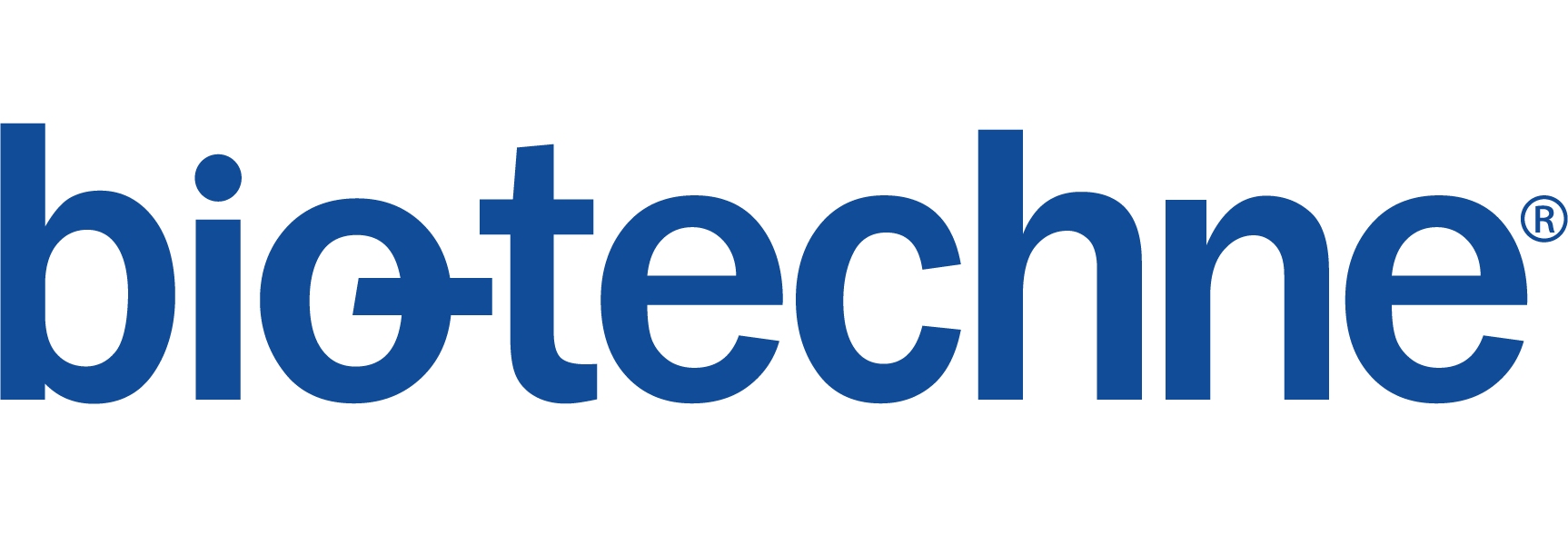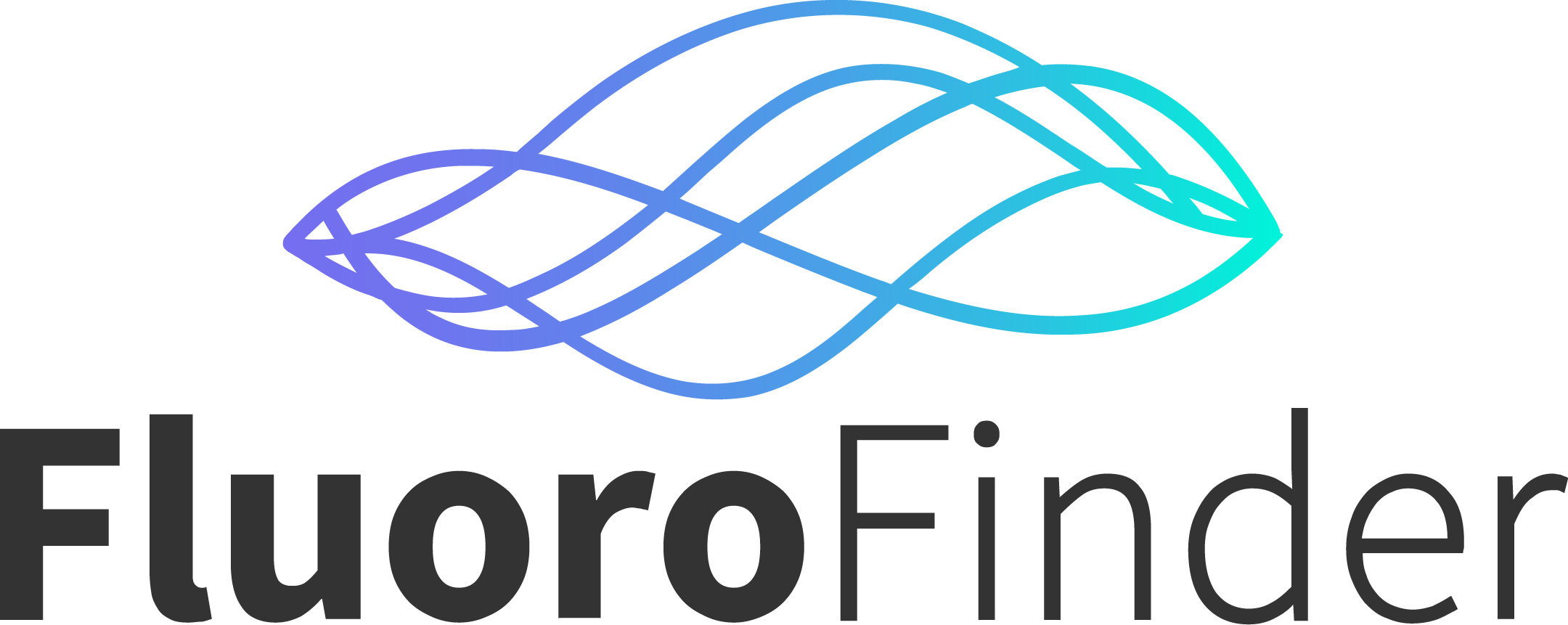-
GENE_NAME : CD48
CD_NAME : CD48
DESC: CD48 antigen (B-cell membrane protein)
OTH_NAMES: BCM1; BLAST; BLAST1; MEM-102; SLAMF2; hCD48; mCD48CLONE_NAME ISO_TYPE SUBMITTER AVAILABLE_FROM 156-4H9 IgG1 Vilella Thermo Fisher Scientific MEM-102 IgG1 Horejsi AbD Serotec Tü145 IgM Ziegler BD Biosciences MEM-102 IgG1 Tinsley Novus Biologicals MEM-102 Mouse IgG1 Horejsi EXBIO Praha -
CLONE_NAME ISO_TYPE SUBMITTER AVAILABLE_FROM 6.28 IgG3 Thorley-Lawson 156-4H9 IgG1 Vilella Thermo Fisher Scientific BJ40 IgG Boumsell BU70 IgG1 Hardie BU91 IgG2a Hardie IIID3 IgM Hadam J4-57 IgG1 Pesando J-51 IgG2a Pesando K31 IgM Harpprecht LO-MN25 IgG2ak Ravoet MEM-102 IgG1 Horejsi AbD Serotec MEM-124 IgM Horejsi Mo2PT501 IgG1k Navarrete SAN-I IgM Fainboim Tü145 IgM Ziegler BD Biosciences WM68 IgG3 Henniker MEM-102 IgG1 Tinsley Novus Biologicals MEM-102 Mouse IgG1 Horejsi EXBIO Praha -
STRUCTURE
CD48 is an Ig-like receptor glycoprotein belonging to the family of SLAMF.1 The extracellular domain contains a distal Ig variable-like domain and an Ig constant-like domain.2 As it lacks a transmembrane domain, it is anchored to the surface through glycophosphatidylinositol.3 CD48 is also present in a soluble form. 4
- Engel P, Eck MJ, Terhorst C. The SAP and SLAM families in immune responses and X-linked lymphoproliferative disease. Nat Rev Immunol. 2003;3:813-21.
- Killeen N, Moessner R, Arvieux J, Willis A, Williams AF. The MRC OX-45 antigen of rat leukocytes and endothelium is in a subset of the immunoglobulin superfamily with CD2, LFA-3 and carcinoembryonic antigens. EMBO J. 1988;7:3087-91.
- Staunton DE, Fisher RC, LeBeau MM, Lawrence JB, Barton DE, Francke U, Dustin M, Thorley-Lawson DA. Blast-1 possesses a glycosyl-phosphatidylinositol (GPI) membrane anchor, is related to LFA-3 and OX-45, and maps to chromosome 1q21-23. J Exp Med. 1989;169:1087-99.
- Smith GM, Biggs J, Norris B, Anderson-Stewart P, Ward R. Detection of a soluble form of the leukocyte surface antigen CD48 in plasma and its elevation in patients with lymphoid leukemias and arthritis. J Clin Immunol. 1997;17:502-9.
-
LIGANDS
Extracellular
It binds to CD2441, with low affinity to CD22, E. coli FimH3 and heparan sulfate.4
Intracellular associate molecules
Lck5, fyn5, LAT6 and G protein subunits.7
- Brown MH, Boles K, van der Merwe PA, Kumar V, Mathew PA, Barclay AN. 2B4, the natural killer and T cell immunoglobulin superfamily surface protein, is a ligand for CD48. J Exp Med. 1998;188:2083-90.
- Arulanandam AR, Moingeon P, Concino MF, Recny MA, Kato K, Yagita H, Koyasu S, Reinherz EL. A soluble multimeric recombinant CD2 protein identifies CD48 as a low affinity ligand for human CD2: divergence of CD2 ligands during the evolution of humans and mice. J Exp Med. 1993;177:1439-50.
- Malaviya R, Gao Z, Thankavel K, van der Merwe PA, Abraham SN. The mast cell tumor necrosis factor alpha response to FimH-expressing Escherichia coli is mediated by the glycosylphosphatidylinositol-anchored molecule CD48. Proc Natl Acad Sci U S A. 1999 ;96:8110-5.
- Ianelli CJ, DeLellis R, Thorley-Lawson DA. CD48 binds to heparan sulfate on the surface of epithelial cells. J Biol Chem. 1998;273:23367-75.
- Moran M, Miceli MC. Engagement of GPI-linked CD48 contributes to TCR signals and cytoskeletal reorganization: a role for lipid rafts in T cell activation. Immunity. 1998;9:787-96.
- Muhammad A, Schiller HB, Forster F, Eckerstorfer P, Geyeregger R, Leksa V, Zlabinger GJ, Sibilia M, Sonnleitner A, Paster W, Stockinger H. Sequential cooperation of CD2 and CD48 in the buildup of the early TCR signalosome. J Immunol. 2009;182:7672-80.
- Solomon KR, Rudd CE, Finberg RW. The association between glycosylphosphatidylinositol-anchored proteins and heterotrimeric G protein alpha subunits in lymphocytes. Proc Natl Acad Sci U S A. 1996;93:6053-8.
-
GENE_NAME : CD48
CD_NAME : CD48
It is expressed on hematopoietic cells include lymphocytes1,2, mast cells3, neutrophils2, eosinophils4, NK cells5, monocytes1,2, some dendritic cells6,some hematopoietic progenitors7 and macrophages8. Brain microvascular endothelial cells also display CD48.9
- Yokoyama S, Staunton D, Fisher R, Amiot M, Fortin JJ, Thorley-Lawson DA. Expression of the Blast-1 activation/adhesion molecule and its identification as CD48. J Immunol. 1991;146:2192-200.
- Katsuura M, Shimizu Y, Akiba K, Kanazawa C, Mitsui T, Sendo D, Kawakami T, Hayasaka K, Yokoyama S. CD48 expression on leukocytes in infectious diseases: flow cytometric analysis of surface antigen. Acta Paediatr Jpn. 1998;40:580-5.
- Malaviya R, Gao Z, Thankavel K, van der Merwe PA, Abraham SN. The mast cell tumor necrosis factor alpha response to FimH-expressing Escherichia coli is mediated by the glycosylphosphatidylinositol-anchored molecule CD48. Proc Natl Acad Sci U S A. 1999;96:8110-5.
- Munitz A, Bachelet I, Fraenkel S, Katz G, Mandelboim O, Simon HU, Moretta L, Colonna M, Levi-Schaffer F. 2B4 (CD244) is expressed and functional on human eosinophils. J Immunol. 2005;174:110-8.
- Claus M, Wingert S, Watzl C. Modulation of natural killer cell functions by interactions between 2B4 and CD48 in cis and in trans. Open Biol. 2016;6.
- Morandi B, Costa R, Falco M, Parolini S, De Maria A, Ratto G, Mingari MC, Melioli G, Moretta A, Ferlazzo G. Distinctive lack of CD48 expression in subsets of human dendritic cells tunes NK cell activation. J Immunol. 2005;175:3690-7.
- Kiel MJ, Yilmaz OH, Iwashita T, Yilmaz OH, Terhorst C, Morrison SJ. SLAM family receptors distinguish hematopoietic stem and progenitor cells and reveal endothelial niches for stem cells. Cell. 2005;121:1109-21.
- Baorto DM, Gao Z, Malaviya R, Dustin ML, van der Merwe A, Lublin DM, Abraham SN. Survival of FimH-expressing enterobacteria in macrophages relies on glycolipid traffic. Nature. 1997;389:636-9.
- Khan NA, Kim Y, Shin S, Kim KS. FimH-mediated Escherichia coli K1 invasion of human brain microvascular endothelial cells. Cell Microbiol. 2007;9:169-78.
-
GENE_NAME : CD48
CD_NAME : CD48
CD48 functions as an adhesion and costimulatory molecule between T cells and APCs leading to T cell activation and IL-2 production.1,2 Similarly, CD48 also modulates CTLs citoxicity.3
On B cells, CD48 has a costimulatory effect and provides help for differentiation.4-5 Through interaction with CD244, CD48 regulates NK activation.6 On eosinophils and mastocytes, CD48 binding results in degranulation.7-8 On the latter, it also leads to TNFα secretion and bacterial endocytosis. 8-9
- Muhammad A, Schiller HB, Forster F, Eckerstorfer P, Geyeregger R, Leksa V, Zlabinger GJ, Sibilia M, Sonnleitner A, Paster W, Stockinger H. Sequential cooperation of CD2 and CD48 in the buildup of the early TCR signalosome. J Immunol. 2009;182:7672-80.
- Patel VP, Moran M, Low TA, Miceli MC. A molecular framework for two-step T cell signaling: Lck Src homology 3 mutations discriminate distinctly regulated lipid raft reorganization events. J Immunol. 2001;166:754-64.
- Musgrave BL, Watson CL, Hoskin DW. CD2-CD48 interactions promote cytotoxic T lymphocyte induction and function: anti-CD2 and anti-CD48 antibodies impair cytokine synthesis, proliferation, target recognition/adhesion, and cytotoxicity. J Interferon Cytokine Res. 2003;23:67-81.
- Hoffmann JC, Krüger H, Zielen S, Bayer B, Zeidler H. Human b cell differentiation: dependence on interactions with monocytes and T lymphocytes via CD40, CD80 (B7.1), and the CD2-Ligands CD48 and CD58 (LFA-3). Cell Biol Int. 1998;22:21-9.
- Klyushnenkova EN, Li L, Armitage RJ, Choi YS. CD48 delivers an accessory signal for CD40-mediated activation of human B cells. Cell Immunol. 1996;174:90-8.
- Chlewicki LK, Velikovsky CA, Balakrishnan V, Mariuzza RA, Kumar V. Molecular basis of the dual functions of 2B4 (CD244). J Immunol. 2008;180:8159-67.
- Munitz A, Bachelet I, Eliashar R, Khodoun M, Finkelman FD, Rothenberg ME, Levi-Schaffer F. CD48 is an allergen and IL-3-induced activation molecule on eosinophils. J Immunol. 2006;177:77-83.
- Shin JS, Abraham SN. Glycosylphosphatidylinositol-anchored receptor-mediated bacterial endocytosis. FEMS Microbiol Lett. 2001;197:131-8.
- Malaviya R, Gao Z, Thankavel K, van der Merwe PA, Abraham SN. The mast cell tumor necrosis factor alpha response to FimH-expressing Escherichia coli is mediated by the glycosylphosphatidylinositol-anchored molecule CD48. Proc Natl Acad Sci U S A. 1999;96:8110-5.
-
GENE_NAME : CD48
CD_NAME : CD48
Cell marker
CD48 is widely expressed on hematopoietic cells. Multiple myeloma cells highly express CD48.1 CD48 expression is increased on eosinophils of patients with allergy and on leukocytes of patients with infections.2-3
- Hosen N, Ichihara H, Mugitani A, Aoyama Y, Fukuda Y, Kishida S, Matsuoka Y, Nakajima H, Kawakami M, Yamagami T, Fuji S, Tamaki H, Nakao T, Nishida S, Tsuboi A, Iida S, Hino M, Oka Y, Oji Y, Sugiyama H. CD48 as a novel molecular target for antibody therapy in multiple myeloma. Br J Haematol. 2012;156:213-24.
- Munitz A, Bachelet I, Eliashar R, Khodoun M, Finkelman FD, Rothenberg ME, Levi-Schaffer F. CD48 is an allergen and IL-3-induced activation molecule on eosinophils. J Immunol. 2006;177:77-83.
- Katsuura M, Shimizu Y, Akiba K, Kanazawa C, Mitsui T, Sendo D, Kawakami T, Hayasaka K, Yokoyama S. CD48 expression on leukocytes in infectious diseases: flow cytometric analysis of surface antigen. Acta Paediatr Jpn. 1998;40:580-5.
Therapeutic
To our knowledge, there is no approved therapeutic use of CD48 as a clinical target. However, administration of anti-CD48 antibodies have shown promising results in models of multiple sclerosis, multiple myeloma, transplantation, allergy and lymphoma/leukemia.1-5 Apart from that, CD48 has also potential as a target for drug delivery.6
- Tchorsh-Yutsis D, Hecht G, Aronovich A, Shezen E, Klionsky Y, Rosen C, Bitcover R, Eventov-Friedman S, Katchman H, Cohen S, Tal O, Milstein O, Yagita H, Blazar BR, Reisner Y. Pig embryonic pancreatic tissue as a source for transplantation in diabetes: transient treatment with anti-LFA1, anti-CD48, and FTY720 enables long-term graft maintenance in mice with only mild ongoing immunosuppression. Diabetes. 2009;58:1585-94.
- McArdel SL, Brown DR, Sobel RA, Sharpe AH. Anti-CD48 Monoclonal Antibody Attenuates Experimental Autoimmune Encephalomyelitis by Limiting the Number of Pathogenic CD4+ T Cells. J Immunol. 2016;197:3038-3048.
- Hosen N, Ichihara H, Mugitani A, Aoyama Y, Fukuda Y, Kishida S, Matsuoka Y, Nakajima H, Kawakami M, Yamagami T, Fuji S, Tamaki H, Nakao T, Nishida S, Tsuboi A, Iida S, Hino M, Oka Y, Oji Y, Sugiyama H. CD48 as a novel molecular target for antibody therapy in multiple myeloma. Br J Haematol. 2012;156:213-24.
- Munitz A, Bachelet I, Finkelman FD, Rothenberg ME, Levi-Schaffer F. CD48 is critically involved in allergic eosinophilic airway inflammation. Am J Respir Crit Care Med. 2007;175:911-8.
- Sun H, Norris BJ, Atkinson K, Biggs JC, Smith GM. Preclinical antitumor activity of an antibody against the leukocyte antigen CD48. Clin Cancer Res. 1998;4:895-900.
- Munitz A, Bachelet I, Levi-Schaffer F. CD48 as a novel target in asthma therapy. Recent Pat Inflamm Allergy Drug Discov. 2007;1:9-12.
-
GENE_NAME : CD48
CD_NAME : CD48
GENERAL_INFORMATION
NCBI_NAME CD48 NCBI_OTHER_NAME BCM1; BLAST; BLAST1; MEM-102; SLAMF2; hCD48; mCD48 SWISS_NAMES CD48_HUMAN DESC CD48 antigen (B-cell membrane protein) LOCUS_INFO_LINKS
HGNC_LOCUS_TAG: 1683 ONLINE_MENDELIAN_INHERITANCE: 109530 NCBI_HOMOLOGENE: 1347 NCBI_MAP: 1q21.3-q22 NCBI_ENTRE_GENE_ENTRY: 962 GENE_SIZE: 33050 EN_GE_EN: MRNA_SEQ_LENGTH: 1099 PRCORENC: 33 to 764 ENTREN: ENST00000368045 PROTEIN_LENGTH_NCBI_REFSEQ: 244 NCBI_REF_SEF_ENTRY: NP_001769 , 21361571 PROTEIN_LENGTH_SWISPROT: 243 ENSEMBLE_PROT_ENTRY: ENSP00000357024 PR_MO_WEIGHT: 27683 SWPROT_PROTEIN_ENTRY: CD48_HUMAN , P09326 PR_SW_PR: 8.80 IPI_NUMBER: IPI00013831 NCBI_CONSV_DOMAINS: 21361571 ENSM_NUMBER: P09326







